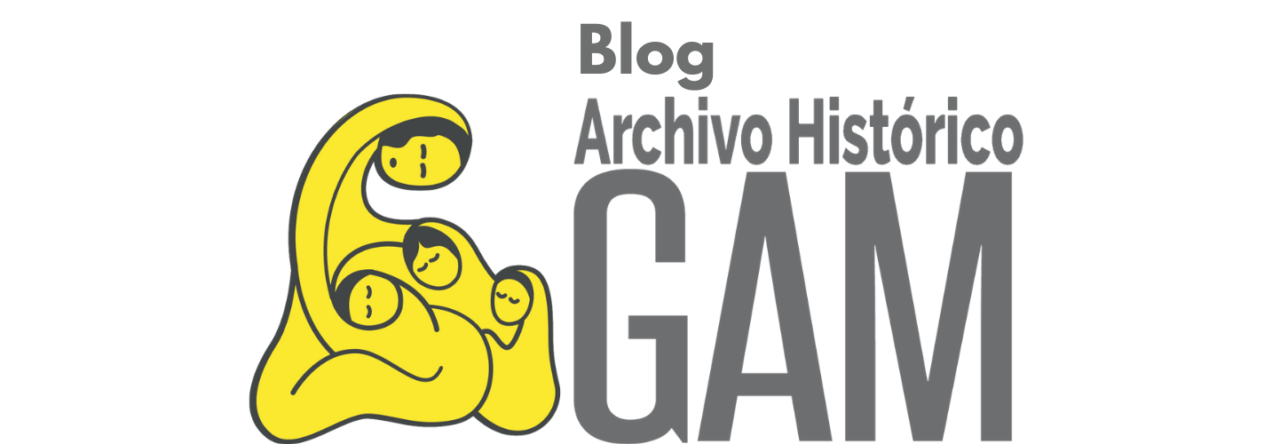Dec 13, 2017 • Alex Galarza
In 1984, the friends and family members of Guatemalans ‘disappeared’ by state security forces formed the Grupo de Apoyo Mutuo (GAM). Members of the GAM searched for their loved ones and demanded information from state officials during a period of Cold War violence in which Guatemala’s military and police routinely murdered activists, union leaders, agricultural workers, and anyone deemed an insurgent or subversive threat. In the countryside, the military waged a genocidal campaign against indigenous Guatemalan communities in an effort to combat guerrilla forces by taking “the water away from the fish.” The Guatemalan Truth Commission’s 1999 report documented over 200,000 deaths during internal conflict (1960-1996) and attributed 93% of human rights violations to state security and related paramilitary forces. The GAM has spent the past three decades collecting textual, visual, and audio-materials related to ongoing human rights trials and historical memory.
In 2016, Anita Isaacs – a political science professor at Haverford College who researches transitional justice in Guatemala and has provided expert testimony in human rights trials – made one of her regular visits to the GAM offices. There, GAM staff showed Anita the progress they were making on their new project to catalog their materials and create an archive. With funding from the German Corporation for International Cooperation (GIZ) and in collaboration with the Archivo Histórico de la Policía Nacional (AHPN) the GAM formed an archival team and cleaned, organized, and cataloged a large portion of the materials they had collected over three decades. Anita consulted with librarians at Magill Library at Haverford College about the possibility of supporting the GAM’s digitization efforts in the fall of 2016. Haverford librarians successfully applied for a CLIR Postdoctoral Fellow in Data Curation for Latin American and Caribbean Studies. In the summer of 2017 they hired me, Alex Galarza, to lead the project.
This is a collaborative, post-custodial digitization project that aims to preserve and provide access to materials held by Guatemala’s oldest human rights organization. Over the past four months, we have successfully implemented a digitization workflow and begun building a public web platform to preserve and share materials. I took two trips this fall to Guatemala City to learn more about the collection and the GAM’s approach to issues of privacy, security, and ethics in digitizing and sharing sensitive materials. We have also created opportunities for student research and co-curricular learning in addition to the integration of materials into classes to be taught at Haverford.
Our digitization workflow consists of scanning equipment, a secure file transfer protocol, and a descriptive workflow for metadata. Building this capacity has allowed the project team to begin work on cataloging and digitizing around 4,000 cases of disappearances which contain roughly 8 linear meters (26 linear feet) of documentation. The size and nature of case files vary wildly, with some containing only handwritten fieldnotes of testimonies of rural massacres while others contain hundreds of pages of detailed description, news clippings, and letter writing campaigns.
In the next months, we are focusing on the public facing web platform for the digital archive. In building this access layer, we are prioritizing open source tools that are well-documented as well as an accessible site design aimed at engaging a broad public in Guatemala and abroad. We are also preparing our first cohort of Digital Scholarship Compañeros, a reconfiguration of the Digital Scholarship Fellows program, to conduct research and aid digitization efforts in Guatemala City this summer. Our seven Compas are bilingual Haverford undergraduates building technical and research expertise through close engagement with archival materials and digital scholarship tools. Rosie Cohen, a fourth year with experience researching in Guatemala, wrote a post about the Compas’ first semester of work here.
This page will serve as a space for sharing project updates. We aim to share documentation of our workflows, developments in the archive and sharing of materials, and reflections on the challenges and ethics of working on a postcustodial archive. If you are interested in following these updates, please follow @galarzaalex and @apoyomutuo on Twitter.
